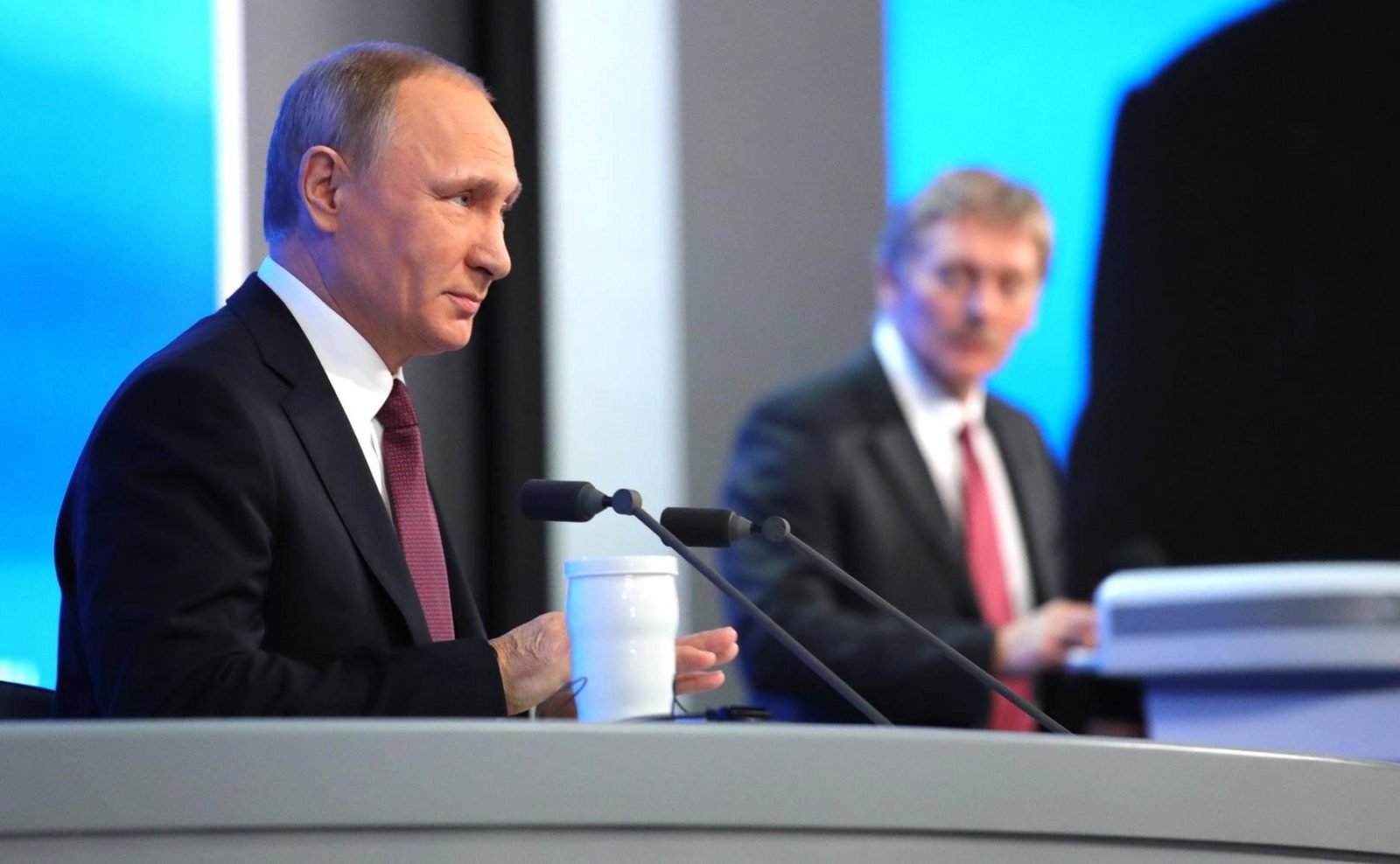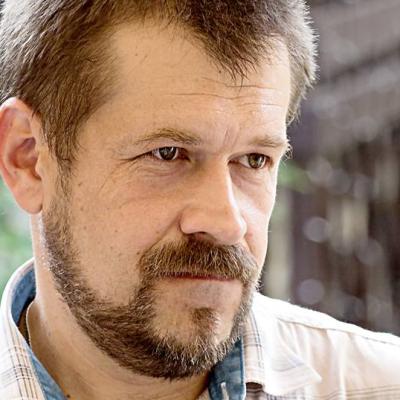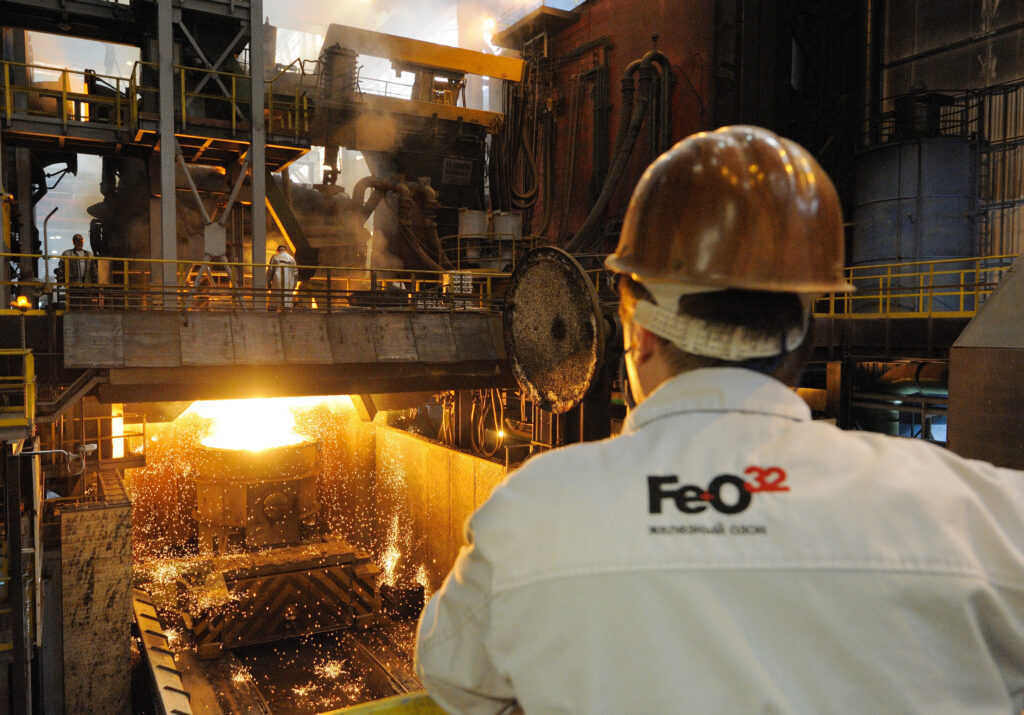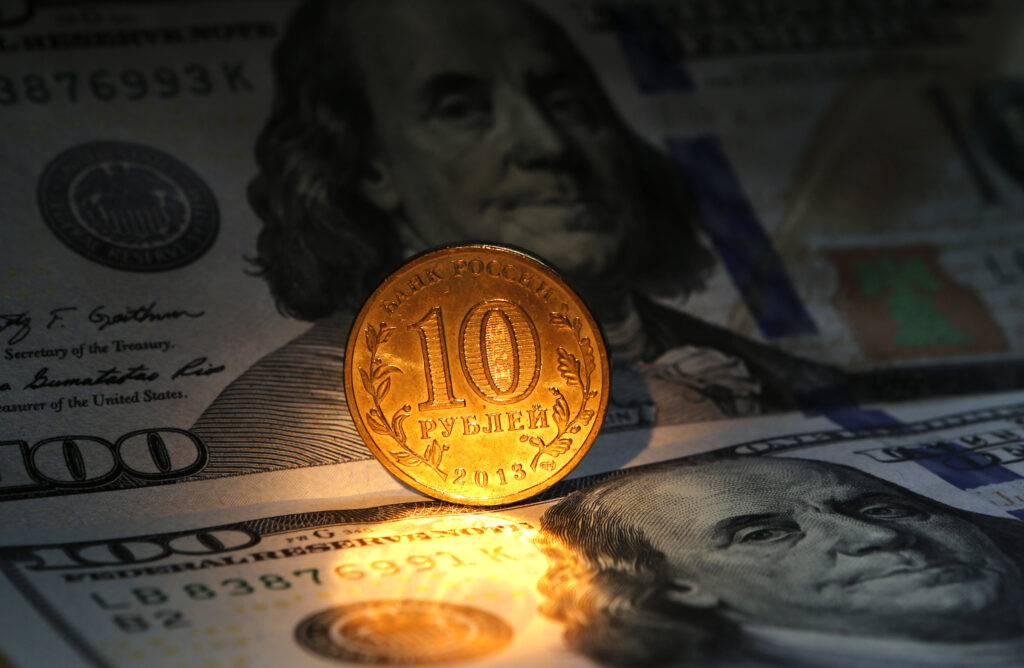“It was 13 years ago,” explained Dmitry Peskov, Russia’s presidential spokesman, playing down the importance of Vladimir Putin’s recent U-turn decision to raise Russia’s state retirement age.
During a 2005 “Direct Line with the President,” Putin had given a firm and clear promise that this would never happen on his watch: “I am against raising the retirement age. And while I am President, such a decision will not be taken.”
Less than a month later, Putin repeated himself word for word. During a meeting with medical workers in October of 2005 he said: “If you had the opportunity to listen to what I said recently live on television, then you know: I’m against raising the retirement age. And I repeat – while I am President, this decision will not be taken.”
Needless to say, Putin is still president. But that decision has been taken.
On June 15th this year, Peskov referred to the many years that could have changed the position of the President and made him walk back on his promise: “You are talking about 2005, and here it is important to remember that it was 13 years ago. Of course, there are changes from the point of view of demography, from the point of view of economic development, and from the point of view of the international conditions”.
But the shift of Putin’s position on the retirement age did not start 13 years ago, as Peskov now suggests. In April of 2007, in his Address to the Federal Assembly, the head of state doubled down on his promise: “I also believe that there is no objective need to raise the retirement age in our country in the foreseeable future, not only because this would not in itself resolve pension provision issues for once and for good, but above all because we still have considerable possibilities we can make use of to ensure that the Pension Fund is better provided for and that would cover any deficit that could arise. This takes us back to the issue of tax collection and to bringing wages out into the open, and I ask the Government to take the appropriate measures in this respect.”
In October of that same year, he was still standing firm on his position: “Here’s a very important question: “Will you increase the retirement age? “ I think there is no need to raise the retirement age in the Russian Federation”. As of today, the retirement age stands at 55 for women and 60 for men, the recent proposal by the government will raise the retirement age to 63 and 65 respectively.
In May of 2013 while discussing the implementation of presidential decrees, Putin allowed himself to criticize the West for raising the retirement age: “Take a look at what’s going on in Europe. In Portugal they are raising the retirement age again, this time to 66. And in most European countries there is no gender difference for the retirement age. We have repeatedly stated that we consider it inappropriate to raise the retirement age in Russia, and we will not do so. Because our life expectancy is less than Europe’s, to put it mildly”.
At a meeting with United Russia party members in October of 2013 Putin repeated his position once more: “… We believe that we do not yet have the economic possibility, nor social, nor from the point of view of life expectancy to increase the retirement age. Thus we said: we will not increase it.”
In December that year during an All-Russian People’s Front conference Putin stated: “We have already discussed many times the idea of raising the retirement age, as many European countries and our neighbours too have already done. Incidentally, Ukraine raised its retirement age too. We are not taking this step”. Thus it was not a solitary, distant promise from 2005, but one that was reaffirmed right up to 2013.
A Recent Change of Heart
The first fluctuations of Putin’s position on the question of retirement age became visible on April 16, 2015 during his “Direct Line” of that year. On the one hand, he once again declared his position, but, on the other hand, outlined the algorithm for reaching an unpopular solution: “Are we ready and willing to sharply raise the retirement age? I believe not. I’ll tell you why. Yes, life expectancy is increasing, but for men it is 65 and a half years, and setting the retirement age for men at 65 means that, pardon me for this straightforward expression: you’ve done your fair share, here’s your wooden overcoat, have a nice ride? That’s impossible. By the way, in those countries where the retirement age has been increased, such as the vast majority of European countries, the retirement age is set at 65 for both men and women, but life expectancy there is higher. Women’s life expectancy in Russia is 77.5 years, while in Europe it is 81 or higher. As life expectancy increases, we will probably get close to addressing these issues, including the retirement age. First, this should be done in an open dialogue with society. People need to understand what’s going on, be aware of the underlying reasons, understand the consequences of our inaction and the implications of failure to take timely decisions. People need to know about this and understand this – not the way it is happening now with these points. Next. Even in Soviet times we did not have those elements that our retirement system has now in plenty and that make it so unwieldy and expensive. One more point. If some age-related changes are to be made, they should not apply to those who have practically earned their right to a pension. These changes certainly must not affect people approaching retirement age. A smooth transition to this system should be made by mature – yet still young – people, who will know what is awaiting them in the next 10 or 15 years. These should be deferred decisions. I would like to repeat again that it is very important that all these issues should be openly discussed and, in the end, accepted by the public. This is the way things should be done.”
At the end of 2015, at a large press conference the President literally complained, showing himself to be a lonely warrior who fought his last efforts against unspecified “experts and practitioners”: “You know what I think about the retirement age; I have been fighting against increasing it. But there are problems, of course. As for increasing the retirement age for federal, regional and municipal officials to 65 years, both for men and for women, it will be increased gradually, every six months. How will this work? For example, a woman has reached her retirement age, 55 years, and should retire. Well, under the new system she will be able to retire at 55 years and six months. In this way, we will gradually increase the retirement age for all officials. But it is true that the economic effect will be very small. As for increasing the retirement age for everyone, I still think that the time is not right for this. But frankly, many people, both experts and also people on the street keep telling me that I mean well but that it would eventually hurt the people.”
As you see, while denying the future increase in retirement age, Putin describes in detail its mechanism.
“Women Give Birth at 55 Years of Age Now”
Putin stopped talking about his irreconcilable position only in 2017. In June, during the “Direct Line” Putin answering the direct question “Will the retirement age in our country be raised?” he did not give an answer and nor confirmed his position of 2005-2015: “you know that we are actively discussing the possibility of raising the retirement age. Some experts believe that increasing the retirement age is unavoidable, citing other countries’ experience, including neighbouring countries such as Ukraine, and nearly all the others, Belarus for instance, let alone Europe. With Europe, the comparison would be weak, bearing in mind the life expectancy there, so we had better take the neighbouring countries. But they have already made this decision, and we have not. I think the issue should be treated with great care. In case there are any rumours that the decision has already been taken: no, it has not. However, it is indeed being discussed; it is being discussed at an expert level and at the government level. Experts believe that if we do not do this, the level of pension coverage will go down, meaning pensions will shrink. At the same time, the workforce – workers having to collectively raise money to provide for the pensioners, so to speak – will decline due to demographic problems and structural changes. The number of unemployed will increase, and the number of people with jobs will fall”.
At the end of 2017, at a big press conference, the head of state received the question in a very convenient form: “A lot has been said over the past year about increasing the retirement age. Everyone understands that it is only a matter of time. When will the decision be made, and how much do you think the retirement age for men and women should be raised by?” Putin immediately refused to specify the terms, citing the fact that the final decisions are not ready, and he did not express his opinion about the size of the increase, however he referred to the Soviet experience, which equalized the life expectancy and age of retirement: “those who advocate raising the retirement age are saying that the retirement age was set in the 1930s. When they set it at 55 years for women and 60 for men, life expectancy was about the same, oddly enough. Approximately the same.All European countries, all the countries around us, including Belarus, Kazakhstan, and Ukraine, have already decided to raise the retirement age. We are the only ones who have not done so.
“The proponents of raising the retirement age,” he added, “are saying that if we do not do so then, taking into account the increase in life expectancy, the number of workers will decrease, and the number of retired people will increase, which will not allow us to properly balance the pension system. This does not mean, though, that the state will not be able to pay pensions. It will, and there will be no disaster in which payments stop, but rather the incomes of pensioners will be frozen and fall due to inflation. This is what the proponents of raising the retirement age are saying.They are also saying that if we decide to raise the retirement age, it should be raised equally for men and women. Women give birth at 55 years of age now, God bless them”.
So, the drift of Putin’s position from guarantees of not hiking up Russia’s retirement age to the current situation began not earlier than mid-2015. It was three, and not thirteen years, that was enough to make the “changes from the point of view of demography, from the point of view of economic development, and from the point of view of the international conditions” about which Peskov spoke on June 15th.










